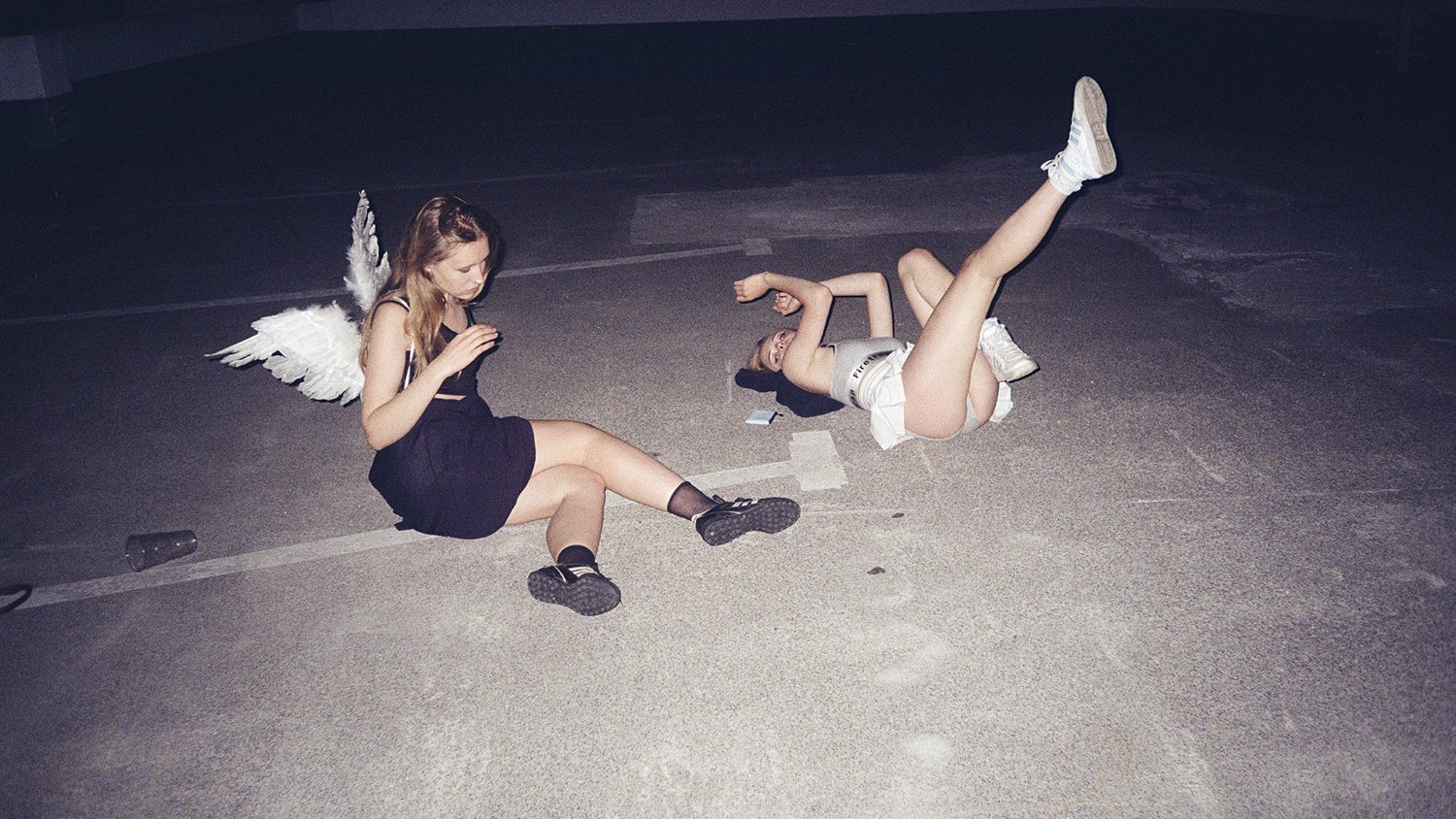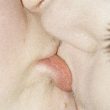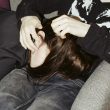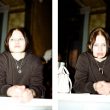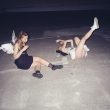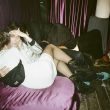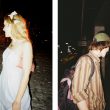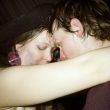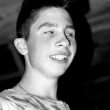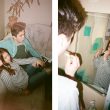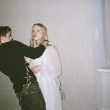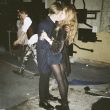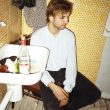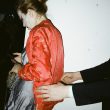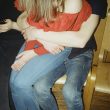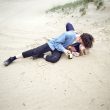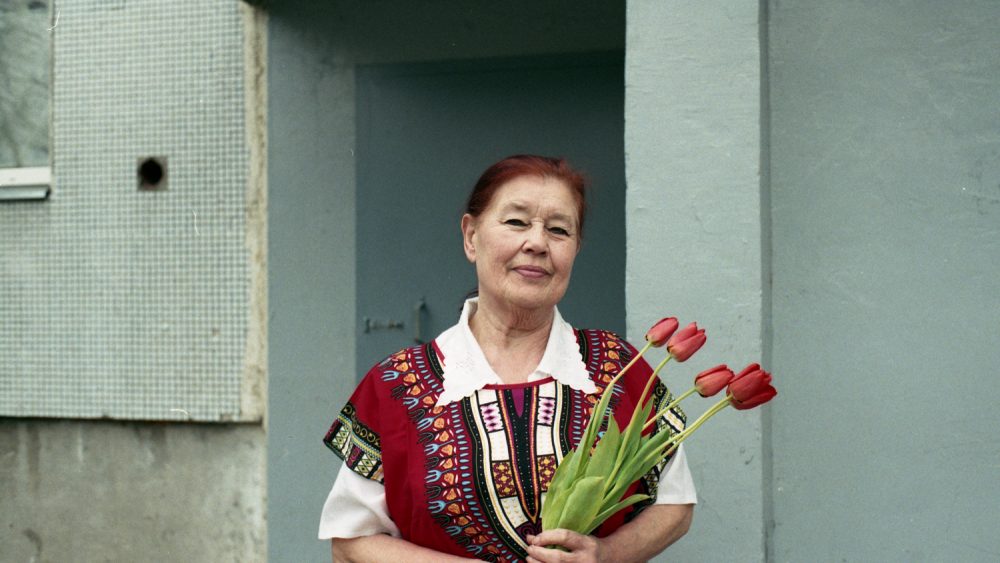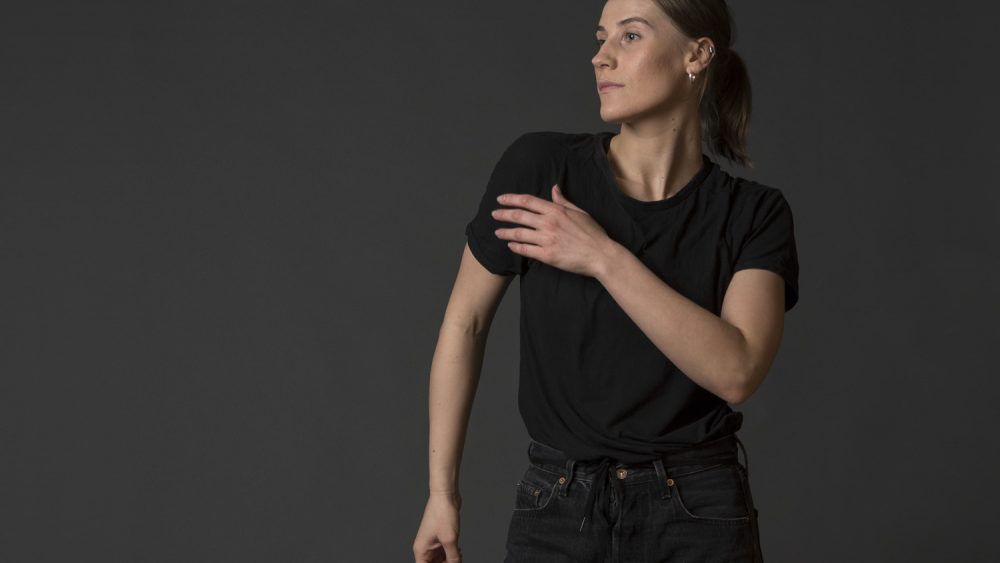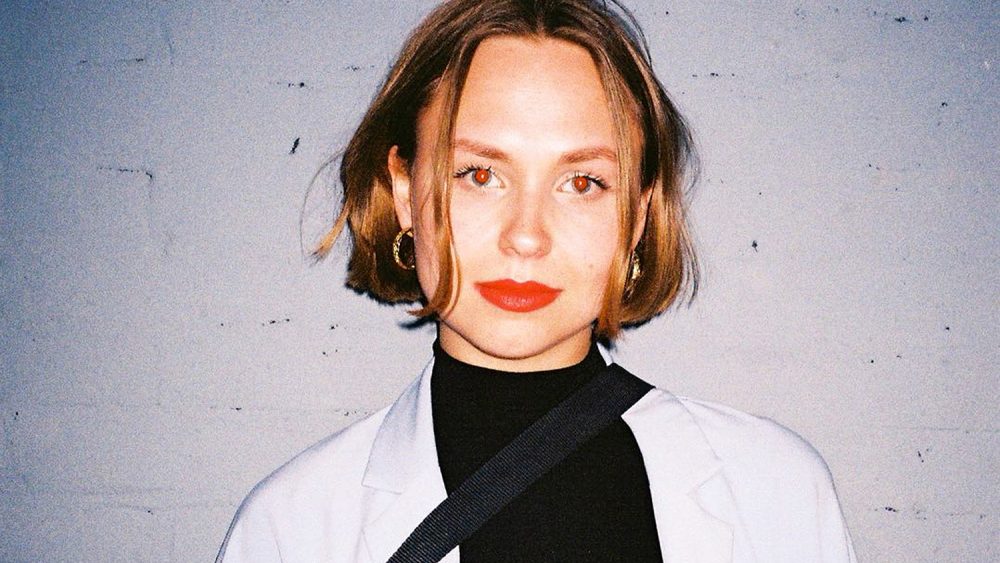Annemarija Gulbe
During this year’s Riga Photomonth, the FK Prize was awarded for the fourth time to Latvia’s best emerging photographer and this year the winner was Annemarija Gulbe (1997). She is a graduate of the ISSP School and the Riga School of Design and Art in the specialty of fashion design. At the moment Annemarija is studying at the Department of Visual Communication of the Art Academy of Latvia. In her works Annemarija turns her camera towards her peers. In the series Baltā kaza (White goat) she documented everyday activities and events in students’ dorms, while in her latest project Love Re-Search she has observed the youth culture of socializing and going-out culture.
When did you start taking photographs?
Recently I remembered that for my sixth birthday my parents gave me a single-use camera from some kind of Kellogg’s marketing campaign. On that day I used the entire film.
But for a very long time I though that photography is for those who cannot draw or paint. And I have always thought that I draw and paint quite well and that I should learn how to do it better.
Four years ago I found out about the ISSP workshop for young people in Kuldīga with Vika Eksta. I applied. I tried to do something with photography and I continued to try. Next summer I applied once again.
Your works are mostly related to the going-out culture of young people. Why is it so and what is your own engagement in it?
I am very much interested in society, people and relationships among them. For a while, I experienced some fear and introversion. It emerges every now and then, but I try to forget about it. When I did not want to or when I was scared to get involved, but I felt the need to communicate and approach people, I started to observe. I must be somewhere in-between being a representative of this culture and a quiet observer. Such surroundings and society allow me to get closer to people. Everyone feels free and my presence does not seem to be a problem. Perhaps on some occasions I remain unnoticed and I can catch a situation which would otherwise be impossible to access. There are photographs in which the actions seem absurd. It is fascinating. I want to understand what is happening there and why.
Can you tell us a little about the process of photographing? How do you choose when and what to photograph?
I always carry the camera with me. And when I happen to be in some kind of situation and when I observe something, I feel the need to photograph it. I don’t want to intrude, so I never ask whether I can take photographs. But perhaps I am more intrusive in this way. All the images are documentary or near-documentary. The presence of a photographer gives rise to some kind of a reaction. Sometimes people notice that I am there and that I have a camera, and then they start to perform.
When I worked on the last series, there were some things or subjects that I had been thinking about for a while. Then I understood that I had already taken some images, although it was sort of aimless. When become aware that I want to work with one particular theme, I increasingly notice something related to the theme. But I have also been to various places and events with the aim of trying to see these situations.
What does the FK Prize as the best emerging photographer mean to you?
It is very, very cool that I have been appreciated. Perhaps it boosts my self-confidence. Perhaps I can start calling myself a photographer. If these are my first attempts to do something in this field, then it is important to understand how I am doing and whether it is ok, or maybe it’s all bad. Such a competition is a possibility to receive feedback in order to understand what to do next.
What are your plans for the near future?
I have just completed the first year at the Department of Visual Communication of the Art Academy of Latvia. I think that I will continue to work with photography during the rest of my studies, and most likely I will also do something that is unrelated to photography.
But I would like to create the second part of Love Re-search, to find something untainted, without the brutality and hardcore of partying. Or to create a self-portrait and to understand my own distancing, being outside the concept of romance and love. But perhaps it will happen at some point and I will suddenly realize what it is, and perhaps for the audience it would be a rather pleasant conclusion of the project. But if something like that happens, it will not be in the near future.
